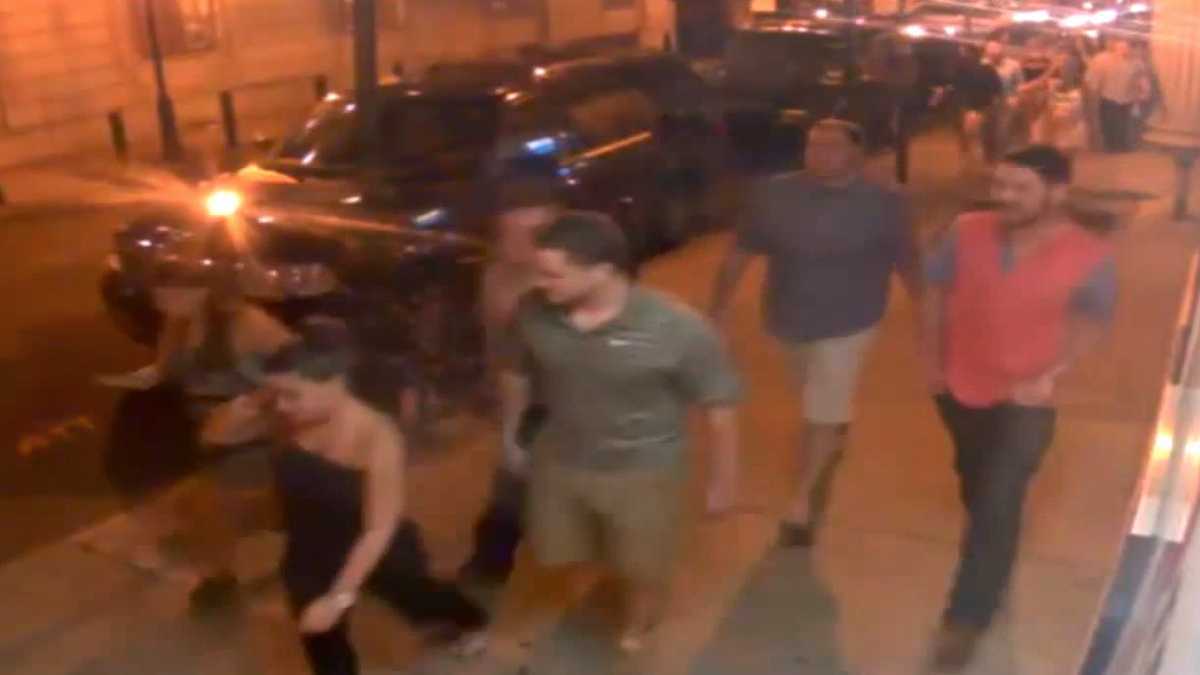Police: Crowd-sourcing deputies are out there, but not always as public as Tuesday night

On his Twitter bio, Philadelphia Police Sgt. Eric Gripp describes himself as the office of public affairs’ “baron of social & digital media/poet laureate,” but like much of Philadelphia’s Twittersphere, even he was awestruck by what he watched happen online Tuesday night.
Gripp concurred that @FanSince09 and others’ crowdsourcing efforts in the gay-bashing case represented an evolution of the anonymous-tipsline approach to evidence gathering.
“A lot of what’s really cool about this is that we’re seeing these public outpourings from people saying they’re surprised, elated, amazed by what’s going on, but this happens a lot,” he told NewsWorks on Wednesday morning.
“I can’t think of a situation where we’ve received such a public display of help [as Tuesday], but this happens behind the scenes often,” Gripp continued. “A lot of the things we saw last night publicly brought that out into the open.”
Similar outpourings of information
Asked to pinpoint other similar cases, Gripp pointed to March, when the People of SEPTA Facebook page posted a four-plus-minute video of a nearly unconscious mother nodding off on the Route 66 bus as her young daughter tried to wake her.
It didn’t take long for people to reach out with information about the woman in that video.
Around the same time, he said, youths posted an online video of a student getting jumped by a group of kids. That ultimately sparked tips to police about the attackers’ identities.
Gripp said people react, and reach out, in situations like those but don’t always want their names attached to the information they’re providing.
The motivation to post such videos may not always be pure — more making fun than expressing concern — but “if something criminal is taking place and we see it, we’ll do something about it,” he said.
Anonymous-tipster evolution
When police, as they regularly do, post video or photos, private messages can start pouring in via Facebook, Twitter, email or the department’s website.
“Maybe they’re posting it online for other people to look at it and laugh, but we’re online too,” he said. “People start sharing these videos and then ‘that’s such and such, or I know this person; this is who they are, but I don’t want to be involved.'”
That’s a blessing and a curse.
When charges are filed, police and prosecutors hope for a conviction, so witnesses willing to take the stand are always beneficial.
“Even if they don’t want to testify, the information is still a tipping-off point, and we’ll do the best we can from there,” Gripp said.
“What are detectives doing? They’re shaking the trees to see what information falls out anyway,” he continued. “It takes time to piece things together, but when you have two detectives working on a job, and 10,000, 20,000 sets of eyes out there looking to help us, it’s wonderful to see.”
Gripp drew a parallel to diners who aren’t willing to voice complaints at restaurants, but take their case to sites like Yelp.
“If there’s a bad product, or they had bad service, there’s something to the ability to remain anonymous on Yelp,” he said. “We’re seeing the same thing begin to happen with criminal activity, people saying ‘I never contact police, but now I can do something.’ It’s wonderful.”
As for Thursday night’s assault, no charges or arrests have been announced as of 9:30 a.m. Wednesday, but “detectives are hard at work on the case,” he said.
WHYY is your source for fact-based, in-depth journalism and information. As a nonprofit organization, we rely on financial support from readers like you. Please give today.

